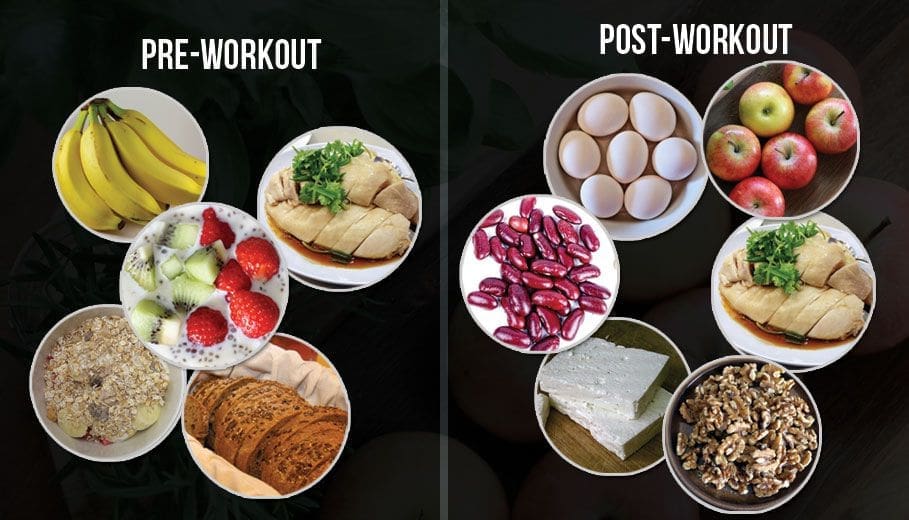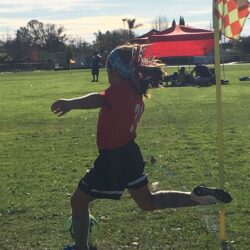7 nutrition tips for the Champion athlete
By: Kyle Ertel
March is nutrition month at Champion’s QUEST and each athlete will be going through a nutrition session with their counseling coach. To get the month started, here are 7 nutritional tips that athletes can incorporate into their daily lives:

1. Eat Breakfast Everyday: Breakfast is not an option. Eating breakfast gives the body energy and sets it up for the rest of the day. Breakfast sparks the body’s metabolism and should be eaten 30 minutes after waking up. An optimal breakfast should include carbohydrates, protein and fat.
2. Smaller the Better: Instead of eating three large meals in a day, athletes should be eating four to six smaller meals a day. These smaller meals should be eaten every three hours for sustained energy. Eating larger meals can cause an athlete to “crash”. All three macronutrients: carbohydrates, protein and fat should be included for peak performance.
3. Taste the Rainbow: Fruits and vegetables should be included in each meal for optimal nutrition. These fruits and vegetables should be in a variety of colors. The darker the color, the better! An athlete should avoid foods with white or cream colors because those are higher in fat. A good goal is to get three different colors on your plate at each meal.

4. Grown not Flown: Athletes should avoid processed (made in a factory) foods at all costs. The majority of their diet should come from natural or organic sources. Good carbohydrates include brown rice, 100% whole wheat products, potatoes and starchy vegetables (squash, peas, corn). Good sources of protein include skinless chicken or turkey, eggs, fish, beans and lentils, which are all lean proteins. Good fats include nuts, seeds, avocado, olive oil and fatty fish.
5. Stay Hydrated: An athlete should try to consume half their bodyweight in ounces of naturally non-caloric beverages (water or tea) a day. Other sources of hydration can come from fruits/vegetables, juices, coconut milk or low-carbohydrate sports drinks (less than 3%). If an athlete is not properly hydrated, they can suffer from decreased performance, energy levels and focus/concentration.
6. No Wasted Workouts: Athletes should have a post-workout recovery meal immediately after they train or compete. This
 meal should include both protein and carbohydrates. If an athlete is not hungry, they may substitute their meal with a protein shake. Not properly re-fueling after a game or a hard work out can have a negative impact on their subsequent sessions.
meal should include both protein and carbohydrates. If an athlete is not hungry, they may substitute their meal with a protein shake. Not properly re-fueling after a game or a hard work out can have a negative impact on their subsequent sessions.
7. Sleep Sleep Sleep: The body recovers the best when it is getting optimal sleep. An athlete should aim to sleep for 7-9 hours a night. If this is not possible, athletes should take power naps when they can. During sleep, the body is repairing itself from the previous game or training session and is when the most gains are made.


